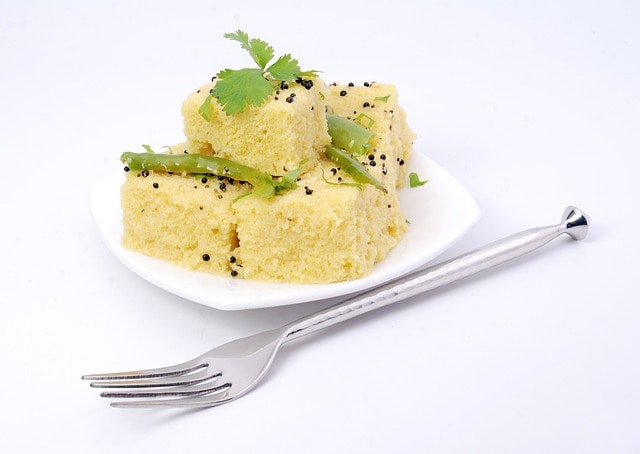In recent years, the term “probiotics” has become increasingly prevalent in health and wellness discussions. From supplements lining pharmacy shelves to yogurt commercials boasting their benefits, probiotics have captured the attention of health-conscious individuals worldwide. But what exactly are probiotics, and why are they generating such buzz? In this comprehensive guide, we delve into the world of probiotics, exploring their origins, mechanisms of action, health benefits, and tips for incorporating them into your daily routine.

Understanding Probiotics
Probiotics, often dubbed as “friendly bacteria,” are living microorganisms that confer health benefits when consumed in adequate amounts. While bacteria often carry a negative connotation due to their association with illness, probiotics play a crucial role in maintaining a balanced and healthy gut microbiome. These beneficial bacteria primarily belong to the Lactobacillus and Bifidobacterium genera, although other strains also exhibit probiotic properties.
The Gut Microbiome: A Microscopic Ecosystem
The gut microbiome, comprising trillions of microorganisms, is a complex ecosystem residing within the digestive tract. It plays a pivotal role in various physiological processes, including digestion, metabolism, immune function, and even mental health. Probiotics contribute to the diversity and balance of this microbial community, fostering a harmonious environment conducive to overall well-being.
Health Benefits of Probiotics
Digestive Health
Probiotics promote digestive health by aiding in the breakdown and absorption of nutrients, preventing the overgrowth of harmful bacteria, and alleviating gastrointestinal discomfort such as bloating, gas, and constipation. They may also help manage conditions like irritable bowel syndrome (IBS), inflammatory bowel disease (IBD), and antibiotic-associated diarrhea.
Immune Support
A significant portion of the body’s immune system resides in the gut. Probiotics modulate immune function by regulating the production of cytokines and enhancing the activity of immune cells. Regular consumption of probiotics has been linked to a reduced risk of respiratory infections, allergies, and autoimmune disorders.

Mental Well-being
Emerging research suggests a strong connection between the gut and the brain, often referred to as the gut-brain axis. Probiotics may exert beneficial effects on mental health by influencing neurotransmitter production, reducing inflammation, and enhancing stress resilience. While further studies are needed, evidence suggests that probiotics could play a role in managing conditions like anxiety, depression, and cognitive decline.
Skin Health
The gut-skin axis highlights the intricate relationship between gut health and skin conditions. Probiotics contribute to skin health by modulating inflammation, strengthening the skin barrier, and inhibiting the growth of acne-causing bacteria. Incorporating probiotics into one’s diet or skincare regimen may help improve conditions such as acne, eczema, and rosacea.
Incorporating Probiotics into Your Routine
Dietary Sources
Fermented foods are rich sources of naturally occurring probiotics. Incorporate yogurt, kefir, sauerkraut, kimchi, miso, tempeh, and kombucha into your diet to reap the benefits of these beneficial bacteria. Aim for variety to maximize the diversity of probiotic strains.

Probiotic Supplements
If dietary sources are insufficient or inaccessible, probiotic supplements offer a convenient alternative. When choosing a probiotic supplement, opt for products containing well-researched strains, with colony-forming units (CFUs) appropriate for your needs. Consider consulting a healthcare professional to determine the most suitable probiotic regimen for you.
Prebiotics
Prebiotics are non-digestible fibers that serve as fuel for probiotics, facilitating their growth and activity in the gut. Incorporate prebiotic-rich foods such as garlic, onions, bananas, oats, and asparagus into your diet to support the proliferation of beneficial bacteria.
Lifestyle Factors
Maintaining a healthy lifestyle is essential for optimizing the efficacy of probiotics. Prioritize stress management, adequate sleep, regular exercise, and a balanced diet rich in fiber, fruits, vegetables, and whole grains. Minimize the consumption of processed foods, sugary snacks, and excessive alcohol, as these can disrupt the gut microbiome.
Conclusion
Probiotics offer a myriad of health benefits, ranging from digestive and immune support to mental and skin health. By nurturing the gut microbiome, these beneficial bacteria contribute to overall well-being and vitality. Whether through dietary sources, supplements, or lifestyle modifications, integrating probiotics into your routine can help cultivate a thriving microbial ecosystem within your body. Embrace the power of probiotics and embark on a journey toward optimal health and vitality.
In conclusion, probiotics represent a fascinating area of research with promising implications for human health. By understanding their mechanisms of action and incorporating them into our daily lives, we can harness the power of these beneficial bacteria to optimize our well-being. As the field continues to evolve, ongoing research will undoubtedly uncover new insights into the role of probiotics in promoting health and longevity.













